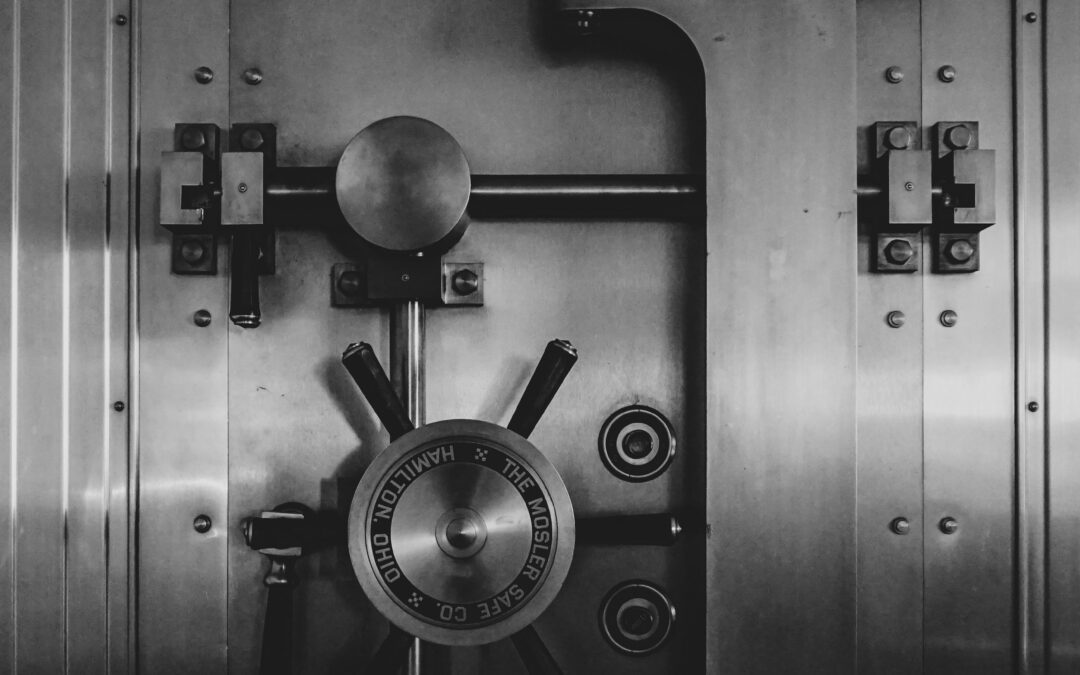In our increasingly digitized world, the importance of securely storing vital documents cannot be overstated. Critical records such as legal documents, financial statements, medical records, and personal identification are the foundation of our personal and financial lives. Misplacing, losing, or compromising these documents can result in legal complications, financial hardship, and emotional distress. It is therefore essential to understand the significance of securely storing these vital documents and the steps you can take to safeguard them.
The Importance of Vital Documents
Vital documents encompass a wide range of records that play a pivotal role in our lives. These may include:
- Legal Documents: Wills, trusts, power of attorney documents, and property deeds are essential for estate planning and property management.
- Financial Records: Bank statements, tax returns, insurance policies, and investment account details are crucial for financial planning and tax compliance.
- Identification and Personal Records: Passports, birth certificates, Social Security cards, and driver’s licenses serve as proof of identity and citizenship.
- Healthcare Records: Medical histories, insurance cards, and advance healthcare directives provide vital information for medical treatment and emergencies.
- Educational and Employment Records: Transcripts, diplomas, and employment contracts are essential for career development and educational pursuits.
The Vulnerabilities of Physical Storage
Historically, many individuals stored these vital documents in physical form, such as paper copies kept in filing cabinets, drawers, or safety deposit boxes. While this method was once the norm, it presents several vulnerabilities:
- Risk of Loss: Physical documents can be misplaced, damaged, or lost due to unforeseen events like fires, floods, or theft.
- Limited Accessibility: Retrieving a specific document from a stack of papers can be time-consuming and frustrating.
- Security Concerns: Physical documents are susceptible to unauthorized access, potentially leading to identity theft or fraud.
The Digital Solution: A Secure Repository
In response to these challenges, digital solutions have emerged as a secure and efficient way to manage vital documents. Here’s why digitally storing your vital documents is a wise choice:
- Enhanced Security: Digital document storage platforms employ robust encryption and security measures to protect your documents from unauthorized access.
- Disaster Resilience: Digital documents are immune to physical threats like fire, water damage, or theft.
- Effortless Retrieval: With digital storage, accessing a specific document is as simple as a few clicks, even from a mobile device.
- Organization and Accessibility: Digital platforms often offer organizational tools that make it easy to categorize and label documents for quick retrieval.
- Secure Sharing: Trusted parties, such as family members or legal advisors, can be granted access to specific documents without compromising security.
Taking Action: Securely Storing Vital Documents
To securely store your vital documents, consider the following steps:
- Identify and Catalog Documents: Create a comprehensive list of your vital documents, both physical and digital.
- Digitalize Physical Copies: Scan physical documents and save them in a secure, encrypted digital repository.
- Choose a Secure Platform: Select a trusted digital document storage platform or cloud service known for its security features.
- Implement Strong Encryption: Ensure that your chosen platform employs robust encryption protocols.
- Regularly Update and Back Up: Keep your digital documents up to date and regularly back up your data to prevent loss.
- Share Responsibly: Share access only with trusted individuals and maintain strict access controls.
- Regularly Review and Update: Periodically review and update your vital documents to reflect any life changes or legal requirements.
In conclusion, the significance of securely storing vital documents cannot be overstated. In an age where digital solutions offer enhanced security and accessibility, it’s essential to embrace these technologies to protect your most critical records. By taking proactive steps to securely store and manage your vital documents, you can ensure your financial and personal well-being and provide peace of mind for both yourself and your loved ones.

